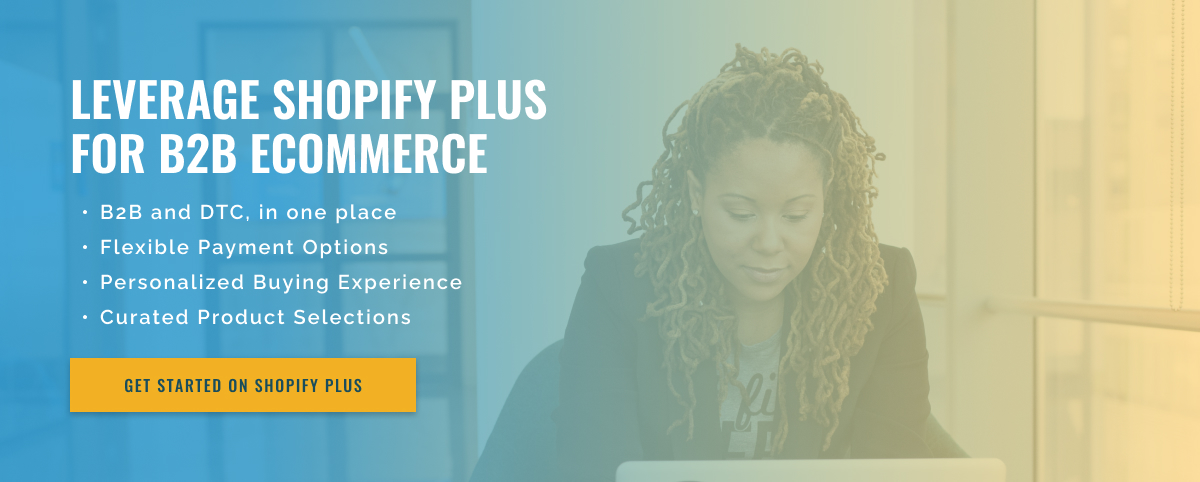3 minute read
Can Shopify Cater to B2B Clients with Bargained Agreements?
As companies continue to navigate the ever-changing world of eCommerce, the question often arises whether platforms like Shopify can meet the unique needs of B2B customers. B2B, or business-to-business, transactions involve the sale of products or services between two companies, rather than directly to consumers. This type of sales process often involves longer-term and more complex contracts, negotiations, and pricing structures.
Can Shopify include these negotiated deals for B2B customers? The short answer is yes, but with some limitations. Shopify is primarily intended for businesses that sell directly to consumers, so its features and capabilities are tailored to this type of transaction. However, with third-party apps and customizations, Shopify can be customized to better meet the needs of B2B customers.
One of the biggest challenges for B2B transactions on Shopify is the lack of a built-in pricing and invoicing system. Unlike traditional sales, where a customer can simply add products to their cart and pay, B2B transactions often involve quoting a custom price and providing a detailed invoice. While this feature isn’t available natively in Shopify, there are several apps and integrations you can use to create a seamless quoting and invoicing process for your B2B customers.
Shopify Plus, the enterprise-level version of Shopify, offers some built-in B2B features, such as customizable pricing tiers and a wholesale channel for selling to mass customers. However, these features are more expensive and may not be necessary for all B2B companies. Third-party apps like Bold Custom Pricing may provide similar functionality at a lower cost.
Another important issue for B2B customers is the ability to negotiate contracts and prices. While Shopify doesn’t have a built-in negotiation tool, it does offer a feature called “draft orders” that allows sellers to create custom orders for specific customers with negotiated prices. This can be useful for companies that have established relationships and need to adjust prices for each order based on individual contracts.
In summary, while Shopify may not have all the necessary features for B2B customers out of the box, it can certainly be customized and tailored to meet the specific needs of this type of transaction. By using third-party apps and integrations, businesses can create a seamless and efficient process for negotiating contracts and prices with their B2B customers on the Shopify platform.

